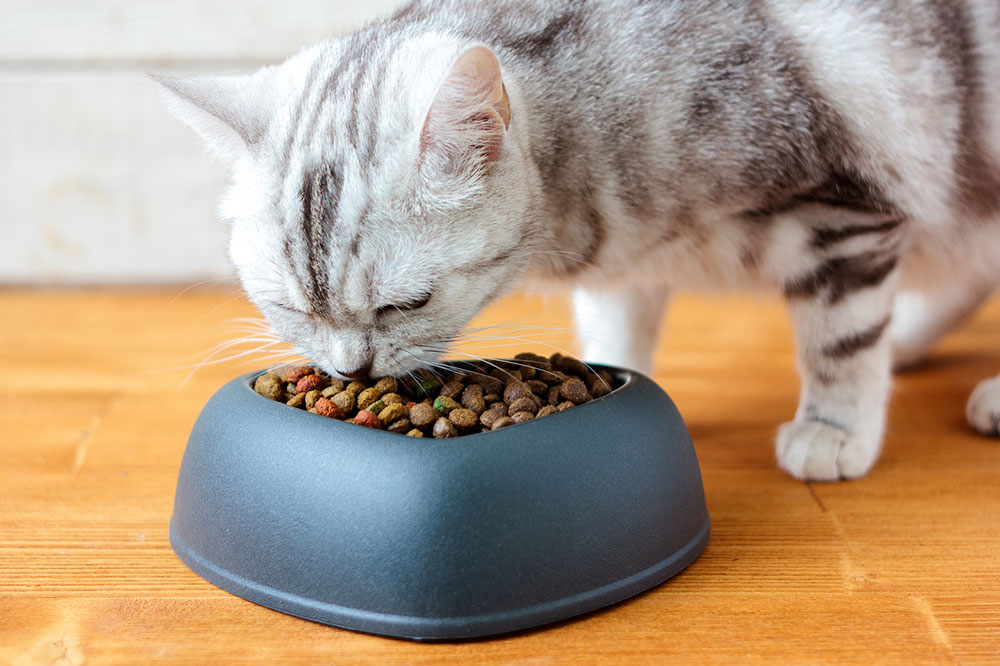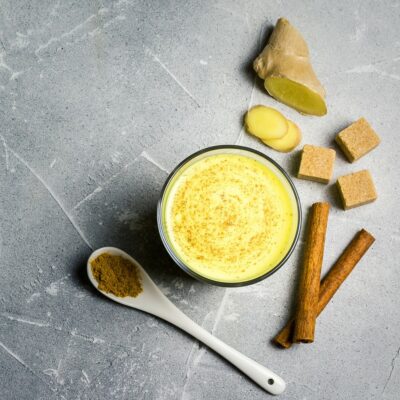
Natural Remedies and Diet Tips for Cats with Diabetes Mellitus
Diabetes mellitus can be classified into type 1, and type 2. One of the most commonly used treatments for this condition is dietary changes. The right kind of diet tips being followed for cats with diabetes mellitus would mean they run fewer risks of developing secondary health complications from the condition. Cats suffering from type 1 will need medical care and insulin shots, whereas those suffering from type 2 can reverse with minimum medication and lifestyle changes and home remedies and supplements.
These remedies are not only safe but also do not put pressure on the digestive system and have fewer side effects compared to medication. Cats with diabetes mellitus need a diet that is rich in protein, minerals, fatty acids, and vitamins, but low in carbs. The diet should exclude grains, potatoes, sweet potatoes, and sweet peas. If you can constantly enforce these home remedies over time, there is a very high possibility that you can control diabetes in your cat without the necessity of insulin shots.
Diet tips for cats with diabetes mellitus
- Raw or semi-cooked vegetables can be added to the daily meal plans to treat cats with diabetes mellitus. E.g., options such as snow peas, beans, sprout can be served either raw or mixed with a ground protein.
- Include starch-rich options like pumpkin, squash, carrots, etc. You can add one or two of these veggies regularly to your cat’s diet along with other proteins and feed them. This helps to keep the digestive system in shape.
- Ensure that you do not give them too much dairy. Popular culture has made it seem that cats and milk are synonymous; however, many adult cats are actually lactose intolerant.
- Prepare home-cooked meals combining one or more of meat, poultry, and starch. You may have to divide them into equal parts and add them at regular intervals to daily meals.
- Feed cats with enough water at regular intervals, so that they stay hydrated. This helps to flush out excess toxins from the body and keep diabetes at check.
- If you are unable to figure out the ideal diet for your cat or are unsure if you are giving them diabetes-friendly food, you can buy commercially available specialty food that caters to feline diabetes.
- Consider using herbal remedies medicines, starting with smaller quantities after consulting your vet.
Herbal supplements
You can also add natural herbal supplements to their food. Some of the supplements that are easily available and can be included regularly in your cat’s diet are as follows:
- Fenugreek seed
- Aloe vera
- Bitter melon
- Dandelion leaf and root
- Seaweed
- Astralgus
- Calendula
- Turmeric root
- Chamomile
- Goat’s rue
- Marshmallow
- Juniper berries
- Ginseng
Talk to your vet about adding the herbs to understand the kind and quantity that are safe. There are standalone and blended variants available in the market. Do your research and ensure that you only buy supplements that are approved for animal consumption.
Alternate treatments
Homeopathy, an alternative system of medication is believed to have seen some success in treating feline diabetes. Look for a trained and certified veterinarian homeopath in your locality to know more about this.
Acupuncture; a Chinese system of medicine works with pets too. You can fix an appointment with an authorized and certified practitioner to treat feline diabetes.
Look for a trainer
Since obesity is one of the leading causes of diabetes, you can look for trainers who specialize in working with pets to get them back into shape.
It is essential that you do not discontinue medication and insulin shots without the consent of your vet. Sugar levels can spike suddenly if animals are weaned off medications abruptly and this can lead to life-threatening conditions.


